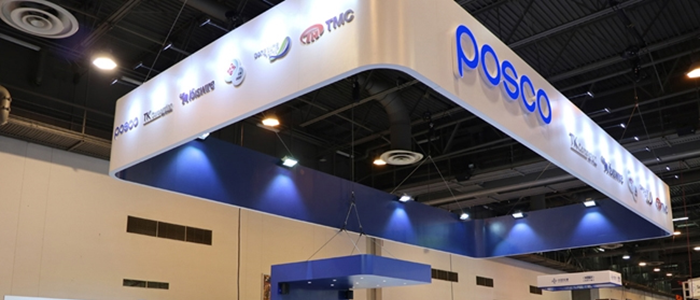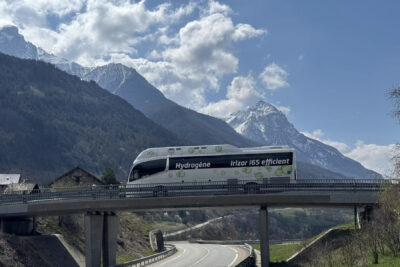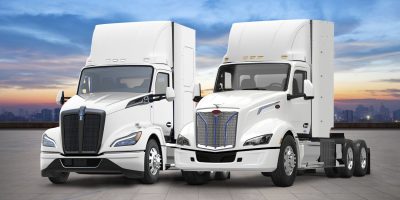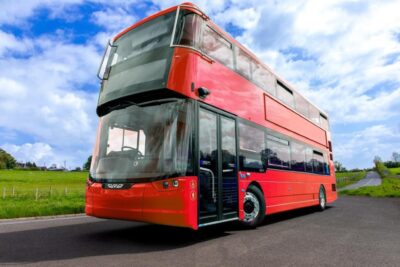Posco expands fuel cell component production
The South Korean steel company Posco wants to significantly expand its production capacity for bipolar plates for use in fuel cell vehicles. The production of fuel cell bipolar plates is to be expanded to 10,000 tonnes per year by 2027.
According to its subsidiary Posco SPS, these 10,000 tonnes should be sufficient for about 245,000 fuel cell vehicles. Posco currently produces 1,400 tonnes of FC bipolar plates per year at its plants in Cheonan, about 90 kilometres south of Seoul.
Bipolar plates are an important component in fuel cell stacks. In the fuel cell stacks, one bipolar plate is installed between every two membrane electrode units. They thus provide an electrical connection between the cells, flow channels distribute the gas within a cell and seal it off from the adjacent cell. In addition, the bipolar plates also contain channels for cooling the stack.
The South Korean government is focusing strongly on hydrogen, and the Korean carmaker Hyundai is the only company besides Toyota that is currently building a fuel cell car in series production. The South Korean SK Group, known in the e-mobility industry for its battery subsidiary SK Innovation, had also presented a hydrogen roadmap worth billions in February.
Posco itself has been trying to diversify its business model beyond steel for several years and is investing in the growing EV sector – both FCEV and BEV – for these reasons. In February, Posco had announced that it would also significantly increase its production capacities for cathode materials for use in electric car batteries. It plans to produce up to 100,000 tonnes of cathode material there from 2023, which would be enough for 1.1 million electric cars with 60-kWh batteries.
For the cathode materials, the responsible subsidiary Posco Chemical is also looking into setting up plants in China and Europe to supply cathode manufacturers of electric vehicles with cathodes in time. Further details on this are not known.





0 Comments